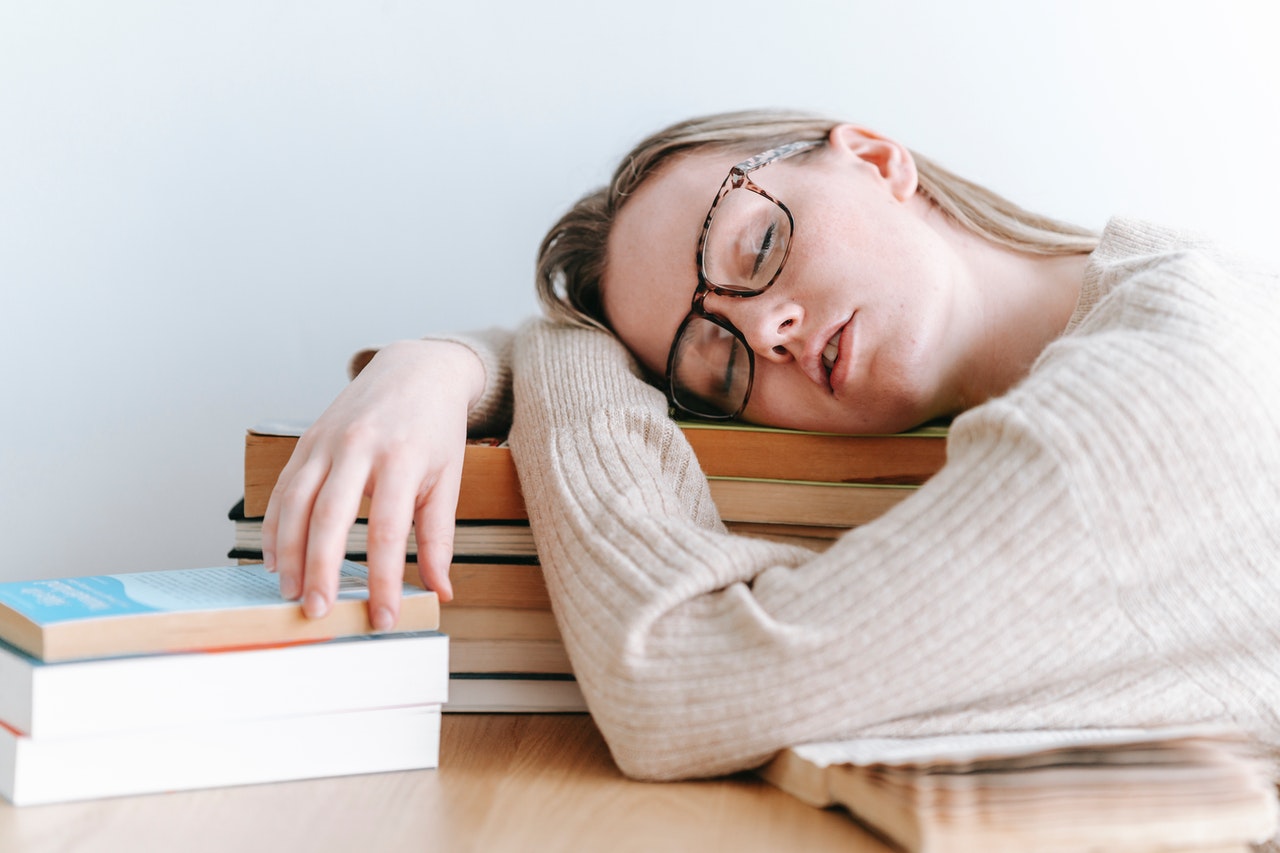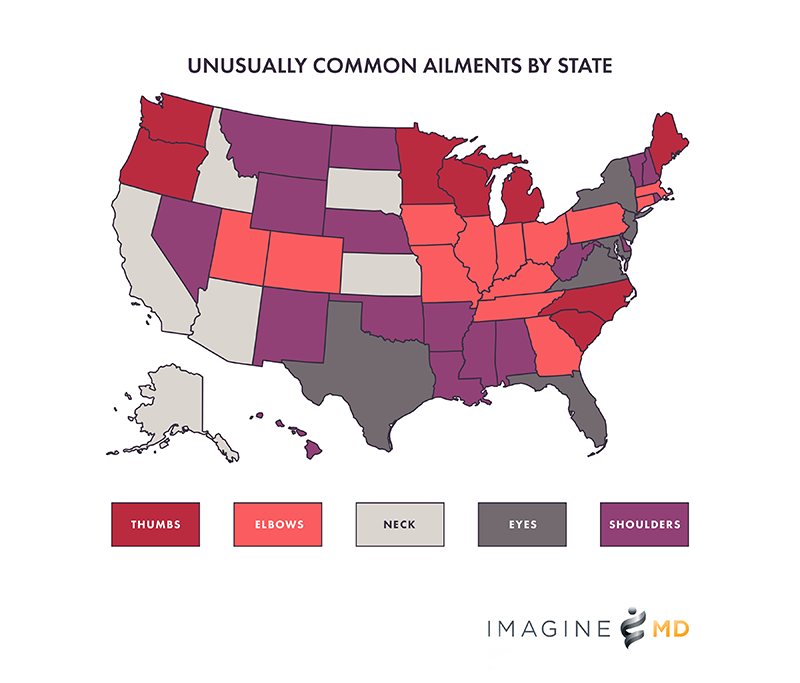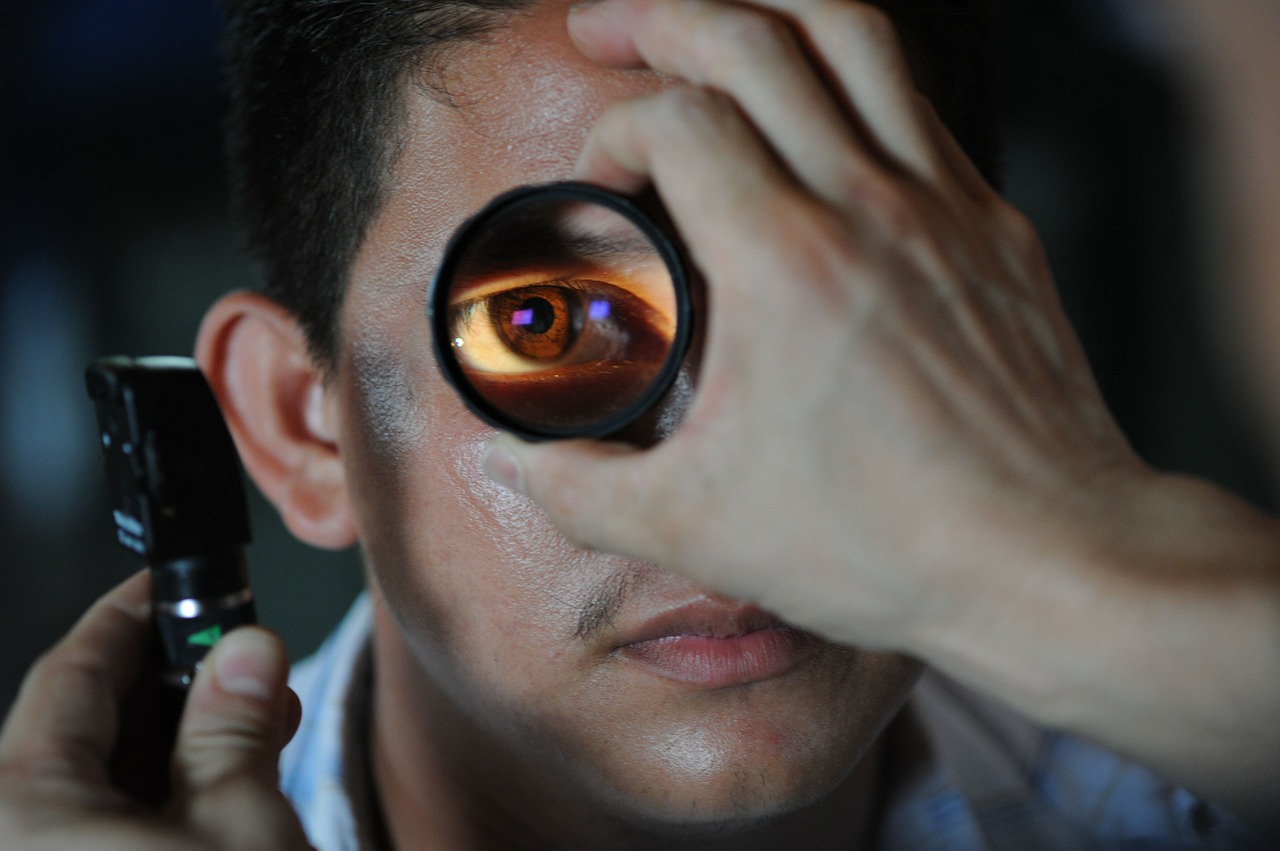Everyone knows that a good night’s sleep is vital for overall health, but it’s also essential for keeping your eyes healthy. Many common eye problems such as dry eyes, blurred vision, and even cataracts can be caused or exacerbated by sleep deprivation. Here are some ways that sleep affects your eyes:
1. Lack of sleep
Not sleeping enough means that the eyes don’t get a chance to rest and restore themselves. This can lead to fatigue, eye strain, and an increased risk of developing eye problems. To understand the importance of adequate sleep time for the eyes, you need to find out how the eye works. An expert can help you find out this and answer questions such as:
- Do your eyes move when you sleep?
- Do you blink when you sleep?
- Can your eyes completely close when you sleep?
- What are the consequences of not getting enough sleep?
Tips for Getting a Good Sleep
If you’re having trouble sleeping, here are some tips that can help:
- Keep a regular sleep schedule
- Avoid caffeine and alcohol before bed
- Avoid watching TV or using electronic devices in the hours before bed
- Establish a relaxing bedtime routine
- Get some exercise during the day and eat healthily
- Make sure your bedroom is dark, quiet, and cool
- Use a good-quality mattress and pillow
- See your doctor if you have a chronic sleep problem
2. Effects of sleeping positions on the eyes
The way you sleep can also have an impact on your eyes. People who sleep on their stomachs tend to develop wrinkles and fine lines around their eyes sooner than those who sleep on their backs or sides.
When you sleep on your stomach, your face is squished against the pillow, which can cause the delicate skin around your eyes to stretch and sag. Some eye conditions such as Meibomian gland dysfunction and blepharitis are exacerbated by sleeping in certain positions.
3. Effect of too much sleep
Sleeping longer than you need to can also negatively affect your eyes. Oversleeping causes the eyes to become dry and irritated, and it can also lead to headaches, fatigue, and mood swings. Conditions such as macular degeneration and glaucoma can worsen in people who oversleep, and those with sleep apnea are at a higher risk of developing cataracts.
4. Effects of disturbed sleep
Disturbed sleep is another common problem that can hurt the eyes. Disturbed sleep is issues with initiating and maintaining sleep, excessive daytime sleepiness, and sleep-related movements. People who suffer from sleep apnea, for example, often have problems with their vision. In addition, people who work night shifts are at a higher risk of developing eye problems such as retinal detachment and cataracts.
Symptoms of eye trouble related to sleep
If you’re having trouble sleeping, or if you suspect that your sleep habits are affecting your eyes, be on the lookout for these common symptoms:
- Blurred vision
- Eye fatigue
- Headache
- Dry eyes
- Itchy eyes
- Trouble concentrating
Endnote
If you usually wake up with red, puffy eyes, it might be time to reevaluate your sleep habits. By making a few simple changes, you can get the rest your eyes need and keep them healthy for years to come.
Photo by George Milton from Pexels




